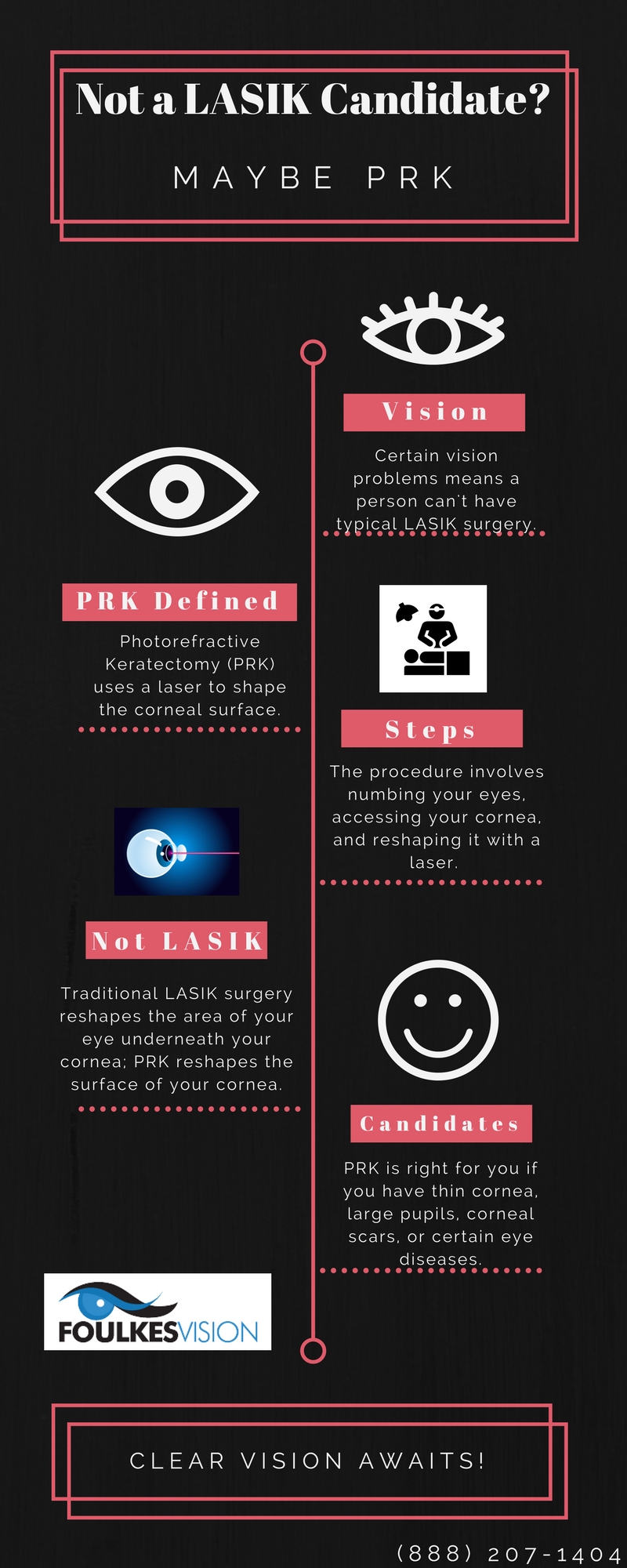Symptoms Suggesting Your Kid May Need An Ophthalmologist: Adult Recommendations From Professionals
Symptoms Suggesting Your Kid May Need An Ophthalmologist: Adult Recommendations From Professionals
Blog Article
Write-Up Developed By-Borup Mullen
As a moms and dad, you play a crucial function in your youngster's health, specifically when it involves their vision. You might discover particular actions that might indicate a demand for an eye exam. Scrunching up your eyes, constant eye rubbing, or grievances of headaches can be more than simply minor annoyances. Understanding these indicators is vital for your youngster's development. So, what should you search for following? Allow's check out the usual signs and symptoms that can show a vision trouble.
Common Signs And Symptoms of Vision Issues in Kid
When you discover your kid battling with everyday tasks, it could be a sign of vision troubles.
Search for signs like squinting, rubbing their eyes often, or turning their head to see better. If they have actually difficulty reading or seem to lose their location usually, that's an additional indicator.
You may likewise see them complaining about migraines or experiencing eye pressure after extensive durations of reading or using displays.
In mouse click the up coming document , if your kid stays clear of activities that require excellent vision, like sports or attracting, it deserves paying attention to.
Look for any type of unusual behavior, as these signs can point to underlying vision issues that need expert evaluation.
Early discovery can make a large distinction in their visual advancement.
Age-Specific Vision Milestones to Screen
Every moms and dad needs to keep an eye on their youngster's vision growth as they expand.
At around 6 months, your baby must start tracking relocating items. By age 1, they should be able to concentrate on and acknowledge acquainted faces.
In between 2 and 3 years, seek renovations in hand-eye control, like stacking blocks or tossing a sphere.
By age 4, youngsters must have the ability to determine shapes and shades, and they might begin to recognize letters.
If your youngster battles with these landmarks, it's vital to keep in mind. Monitoring their progress assists you capture prospective problems early, ensuring they obtain the vision care they require for an intense future.
Remain aggressive regarding their vision health and wellness!
When to Schedule an Eye Exam for Your Child
Monitoring your youngster's vision development is very important, yet understanding when to set up an eye test is equally as important. The American Academy of Ophthalmology recommends your youngster have their initial eye exam at 6 months old.
Afterwards, routine follow-ups at age 3 and once again before they start institution. If supplemental resources shows signs of vision concerns-- like scrunching up your eyes, difficulty analysis, or frustrations-- don't wait for the next arranged appointment.
In addition, if there's a family history of eye problems, proactive tests are vital. Keep an eye on any adjustments in their vision or habits, and count on your instincts.
Normal examinations can help catch prospective problems early, guaranteeing your child has the best opportunity for healthy and balanced vision.
Final thought
To conclude, staying sharp to your kid's aesthetic practices is important for their eye health and wellness. If you notice any signs like squinting, eye massaging, or problem with reading, do not hesitate to schedule an eye examination. Keep in mind, very early detection can make a substantial distinction in their visual development. Count on your impulses as a parent, and guarantee your kid obtains the care they require to thrive. Regular examinations can help keep their eyes healthy and balanced for many years to find.
